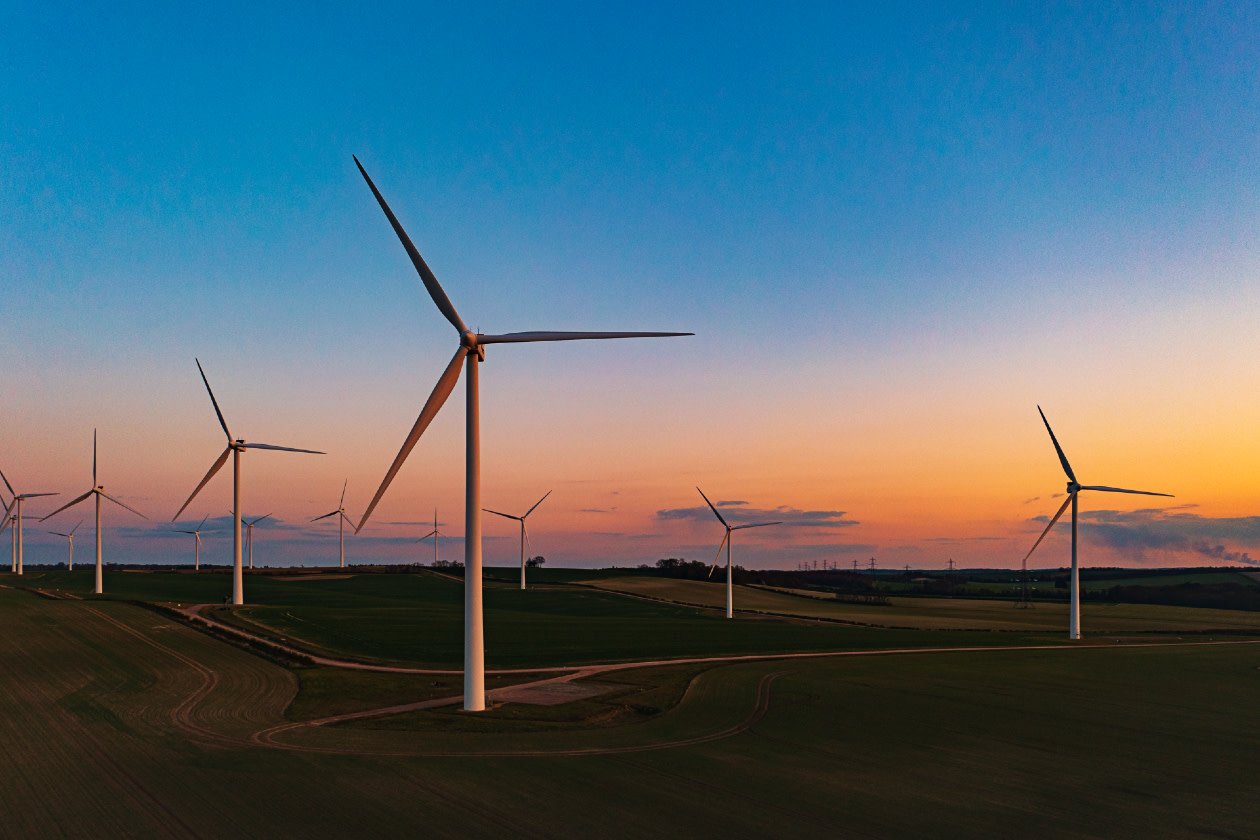Latest 2024 General Election opinion polls suggest Britain is on the cusp of a change of personnel in Whitehall. Labour currently have a commanding 20-point lead with only a week to go.
Of course, you have to take the polls with a pinch of salt, and after all they have been wrong in the past.
However, whoever ends up in Number 10 next, some sectors are going to be impacted more than others.
Here’s a closer look at some of the sectors that have been the focus of political attention and what the next parliament could mean for investors in these sectors.
This article isn’t personal advice. If you’re not sure an investment is right for you, ask for advice. Investments rise and fall in value, so you could get back less than you invest.
Energy
Despite the windfall tax levy on oil and gas extraction in and around the British Isles, the current government’s been relatively benign towards producers. This has opened the door to bringing new supply on stream in the North Sea.
A new face at Number 10 could bring an end to further license awards. And potential changes to the financial framework could undermine existing projects.
In the grand scheme of things, this is unlikely to have too big an impact on the oil majors. That’s because they benefit from diversity in what they do, and by operating not just in Britain. But smaller players with a focus on the UK might need to rethink their strategy.
When it comes to the energy transition, this is a space receiving broad political backing.
To remain relevant, the oil majors all have one eye on new energy technologies, but this has shifted from clean power generation like wind and solar, towards lower-carbon fuels, carbon capture and electric vehicle charging.
Oil and gas is likely to remain a key pillar of the energy mix for some time to come. So, for investors it’s important that producers focus on profits from existing operations, while investing in future-facing technologies that complement their competencies and offer attractive returns.
Looking ahead, there’s little doubt that electrification will be crucial in achieving net zero. Companies that stand to benefit from this trend include electric vehicle manufacturers, infrastructure providers that can support the growing demands on the network, utilities and energy services companies.
Get our latest insights on what the General Election could mean for you and your money.
Water
The water industry is a key pillar of our national infrastructure under the electoral microscope.
Utility companies could be subject to greater penalties if they don’t clean up our waterways and clamp down on leaks. And mandatory investments in service levels will keep demands on cash resources high.
The sector’s reliable income streams and historically strong dividend yields make it attractive. However, no dividend is ever guaranteed, and investors should keep an eye out for regulator Ofwat’s five-year price review, which will take place after the election.
This process won’t only set out price controls for the companies, but also service level, and investment, requirements.
House building
The major parties’ policies all seek to help plug the UK’s significant housing shortage.
Ambitious targets are one thing but, as the current government has shown, achieving them is quite another. High mortgage costs have heaped pain on the housebuilding sector in recent years.
But with interest rates likely to have peaked, there are signs of a recovery emerging.
That’s broadly reflected in valuations across the sector, which could therefore be sensitive to any disappointments.
Support for buyers and planning reforms might further bolster the market. But, ultimately, we think that macroeconomic drivers will be the bigger influence of the health of this industry.
What should investors do?
It’s important to make sure you’re not overly exposed to any one particular risk – having a well-diversified portfolio helps.
Trying to second guess the outcome is a dangerous game. Instead, investing with a long-term horizon of at least five years gives you a much better chance of investing success.
Sign up to our Editor’s Choice email and we’ll send you our top stories from the week, every Saturday morning – including all our latest insights on the 2024 General Election and what it means for your money.






